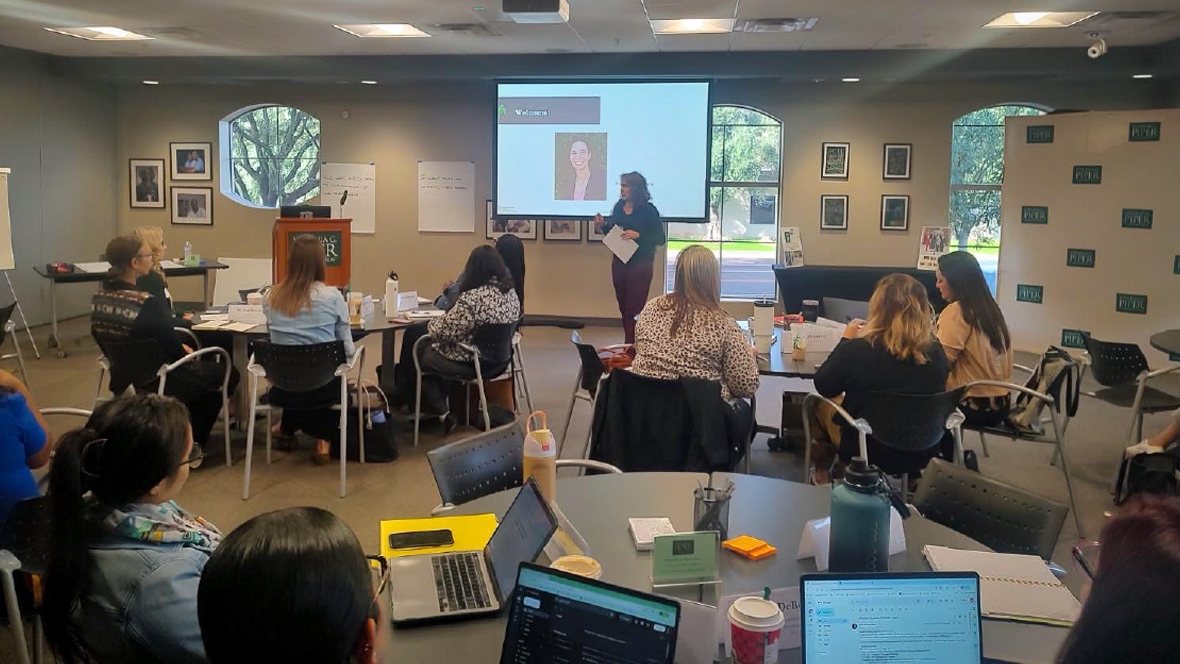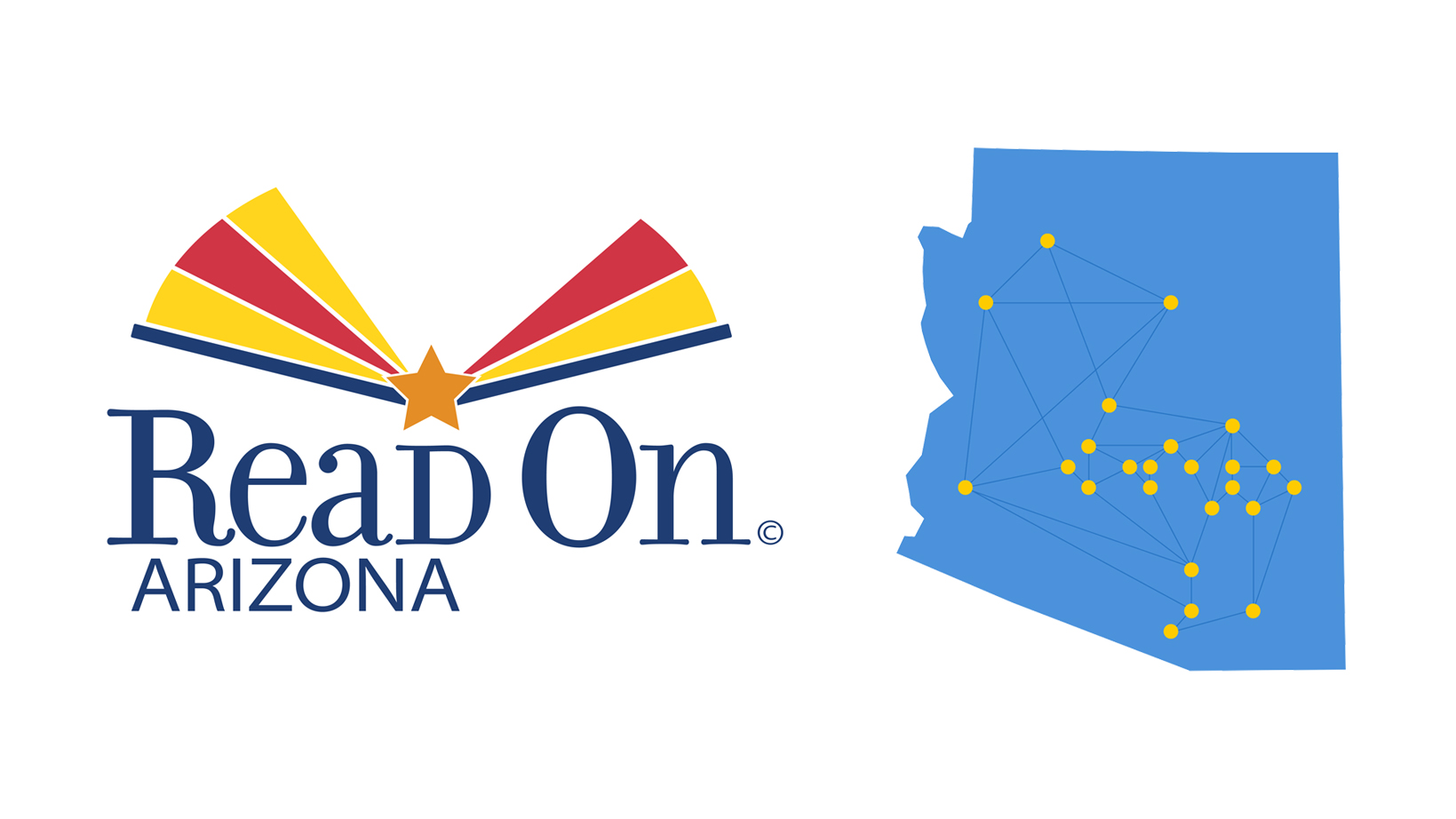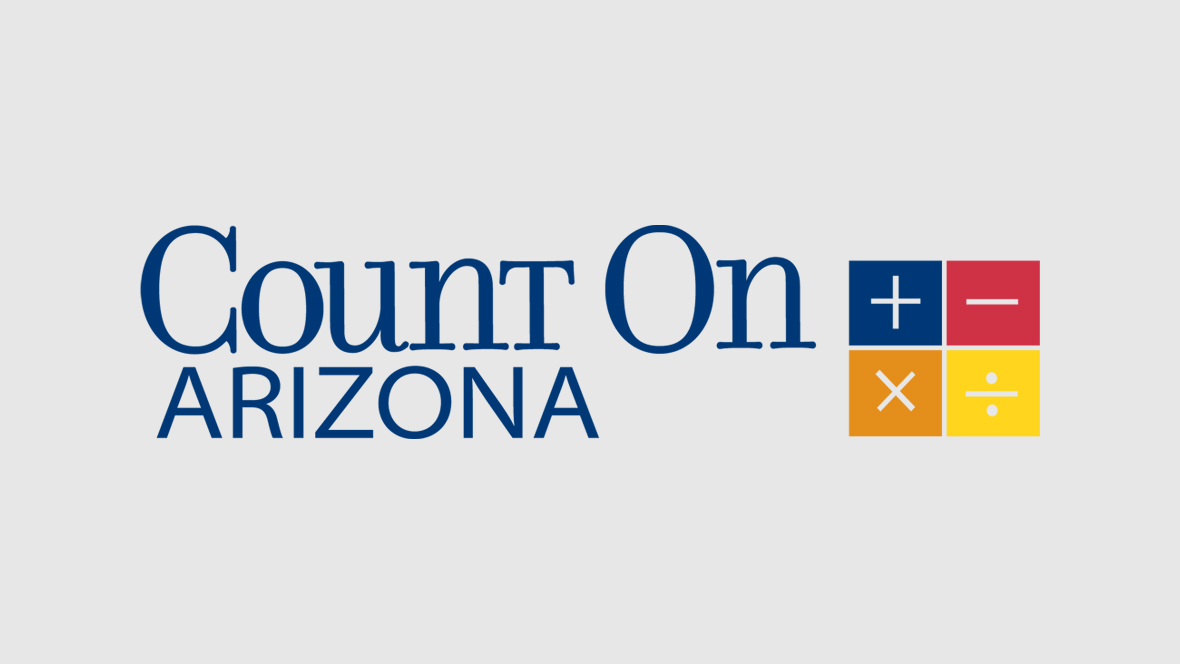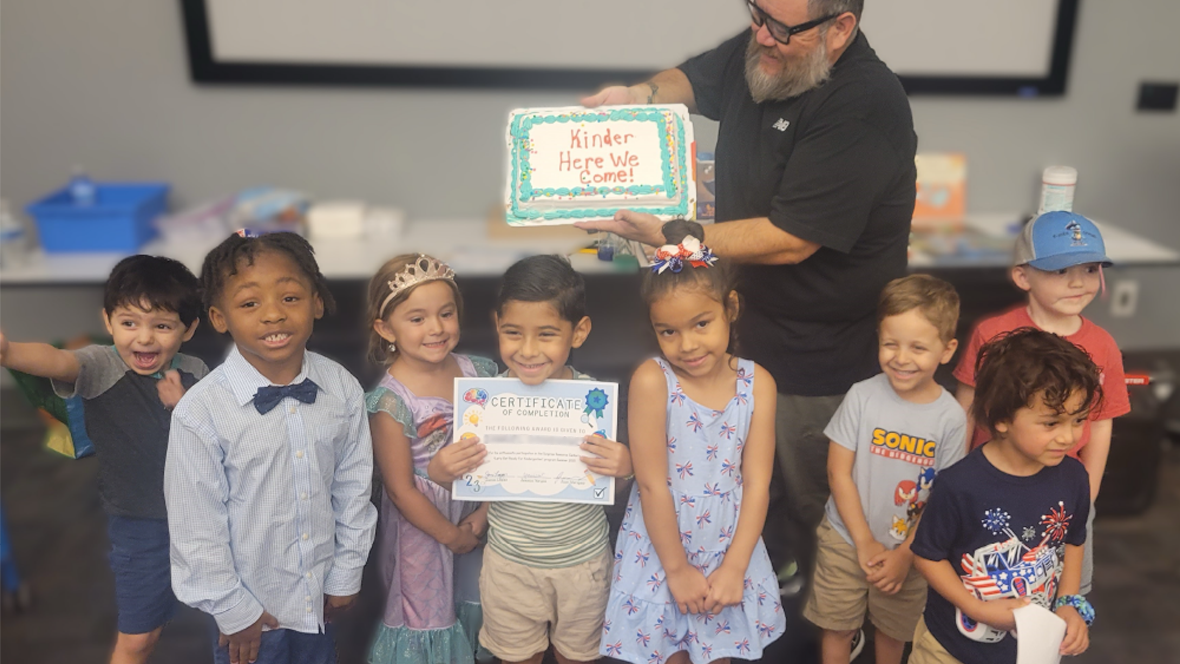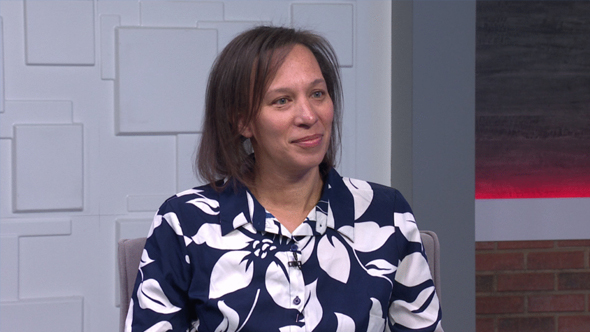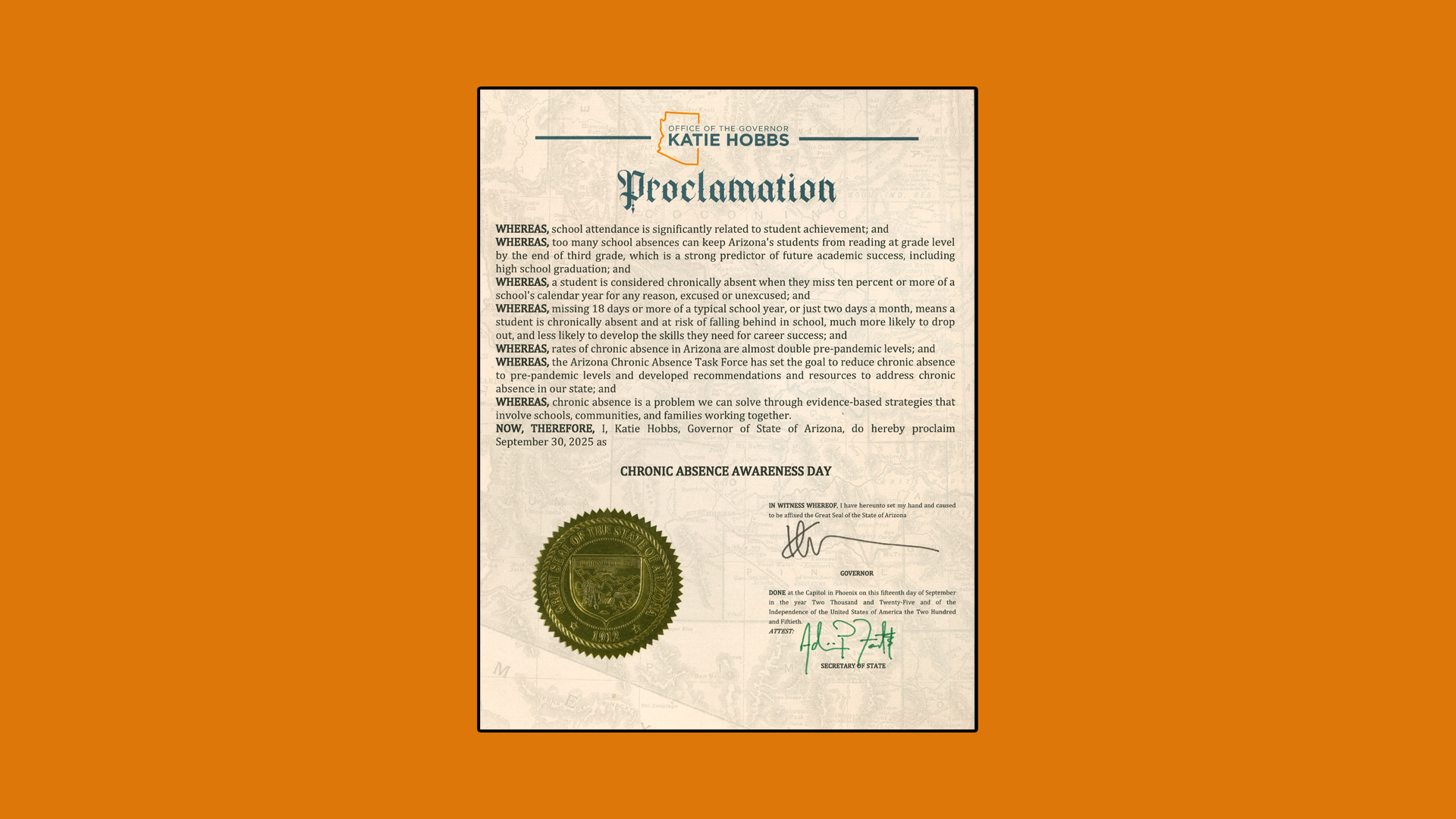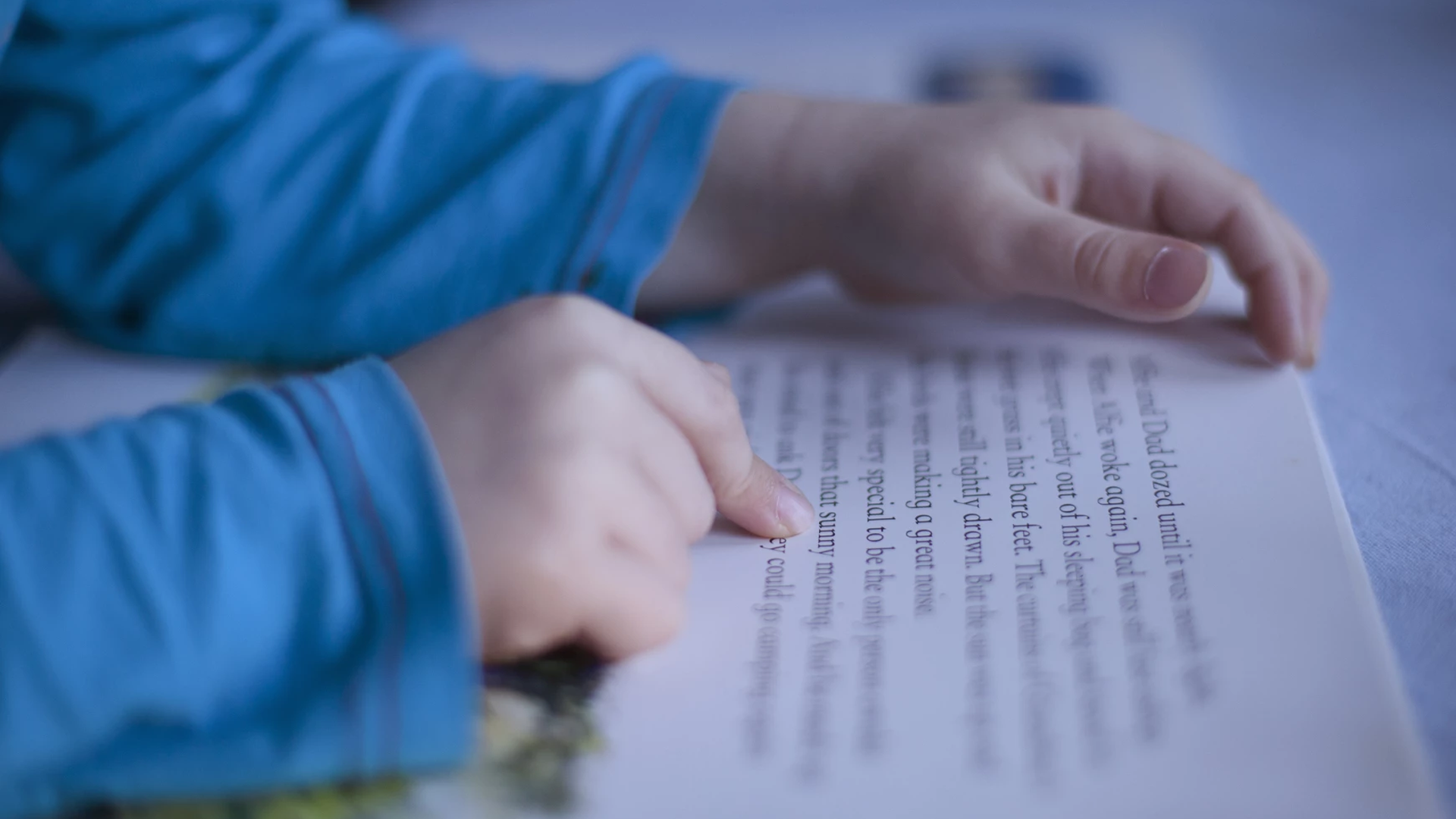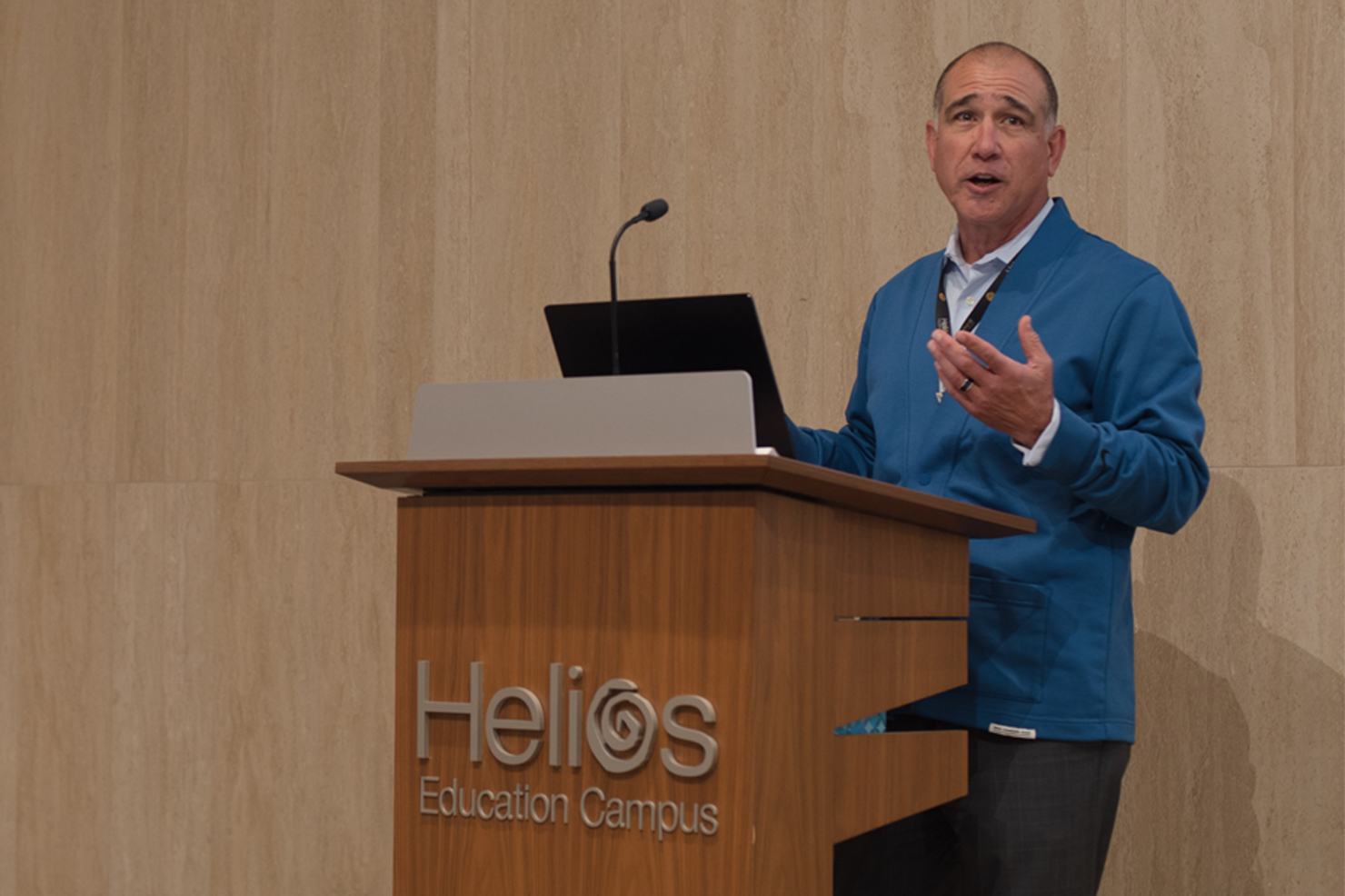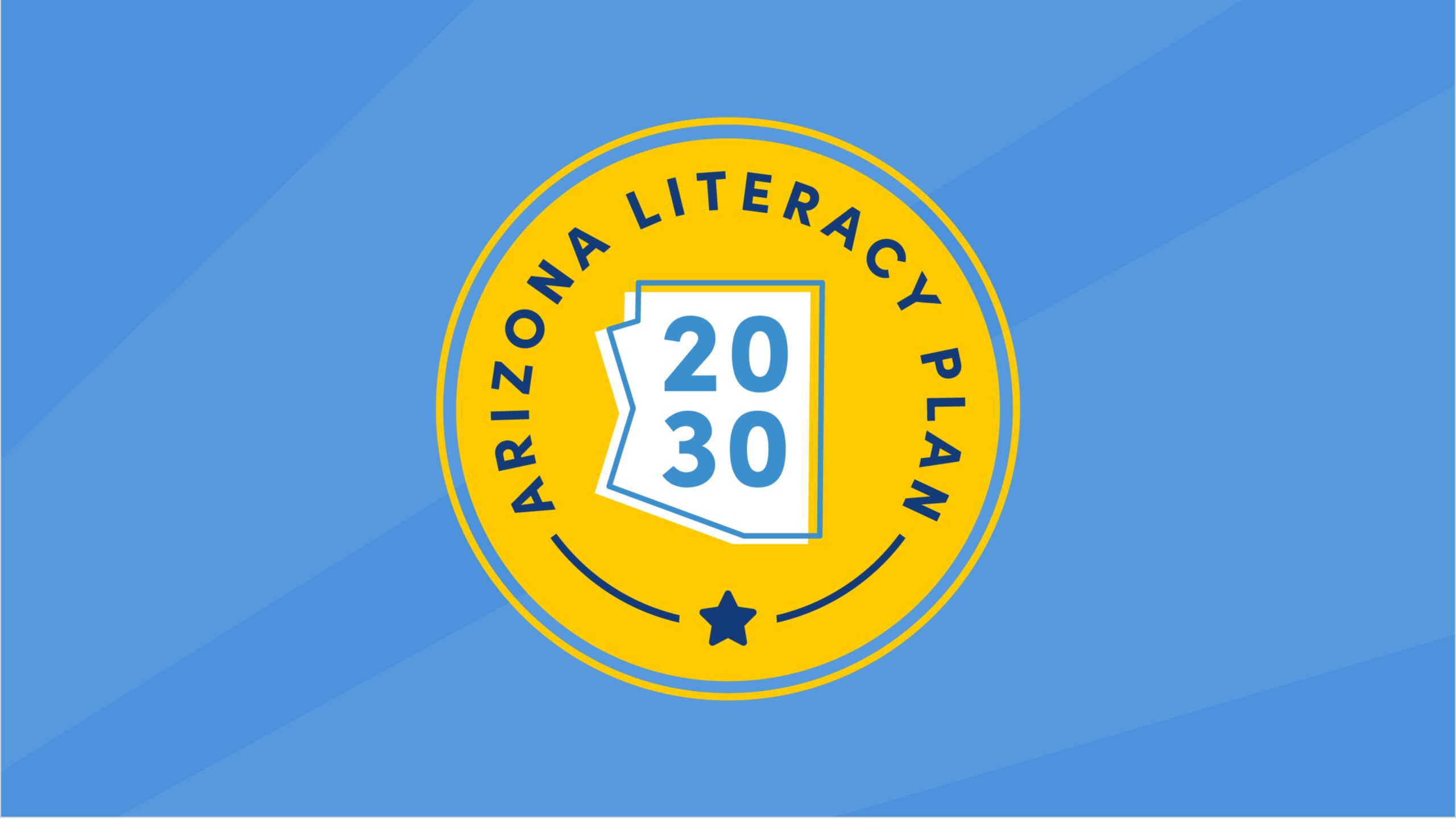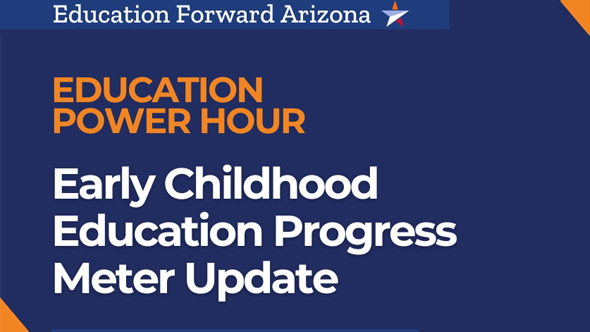October 31, 2021
Policy
Gov. Doug Ducey recently signed into law a bill that advocates for early childhood literacy in the state of Arizona. It aims to increase student performance in the classroom.
SB 1572 “establishes a literacy endorsement requirement for certificated teachers who provide literacy instruction in specified grades,” the bill states. It also “directs the State Board of Education (SBE) to adopt a statewide kindergarten evaluation tool and conduct a review of the K-3 reading program.”
Sen. T.J. Shope of Legislative District 08 sponsored the bill, wanting to find innovative ways to improve education in Arizona.
“We really need to be at the leading edge of innovation in education. That is something that I feel passionate about,” Shope said.
The bill targets K-3 education, which is critical to literacy development, according to Arizona Literacy Director Terri Clark.
“If we lose a student early on in their education career, it makes it so much more difficult for that student to catch up,” Shope said. In turn, “it makes it so much easier for the education system to let that student down later.”
After the COVID-19 pandemic hit in 2020, students were heavily impacted by unfinished learning. In 2021, the percentage of Arizona third graders who passed the state assessment dropped to 35%, according to Clark.
“The pandemic has set us back, but it has allowed us to really understand how critical some things are, such as the communication and the important role that families play,” Clark said.
The kindergarten entry examination identifies strengths and weaknesses students have when entering school and helps schools recognize reading deficiencies. This allows schools to collaborate with parents and students to develop an improvement plan from day one.
“We take the approach that every Arizona student deserves equitable access to high quality reading instruction,” Clark said.
Diagnosing reading deficiencies at such a young age will be a game changer, especially for children with families who don’t have the resources required to know their child has a deficiency, according to Shope.
“I think where we are going to see the biggest arc of improvement, or at least the biggest diagnosis, is with our underserved or underprivileged communities,” Shope said.
After Arizona participated in a learning exchange with Mississippi, the state with the most growth on the National Assessment of Educational Progress, it was discovered that investing in professional development and enhancing educator expertise drove schools to success, according to Clark.
The literacy endorsement requirement for teachers ensures that they have the proper skills to teach literacy to students.
“We need to make sure that our most vulnerable students get the extra support they need so that we can really show the uptick that Arizona absolutely has the potential to demonstrate,” Clark said.
The bill was inspired by Arizona’s K-3 reading policy, Move On When Reading, which was passed a handful of years ago. This policy aided the bill’s framework and revealed what worked and what did not, said Shope.
“Going forward, we have to make sure that we have accurate testing and readable data for all our administrators out there, so that way they know what to do with students who are having trouble,” Shope said.
Looking toward the future, the bill will aid literacy growth in Arizona and serve as a framework to improve education.
“Our hope is that we continue to build on what’s working, and that we don’t lose sight that this is a comprehensive approach,” Clark said.
AZBigMedia, Elizabeth Schaible
